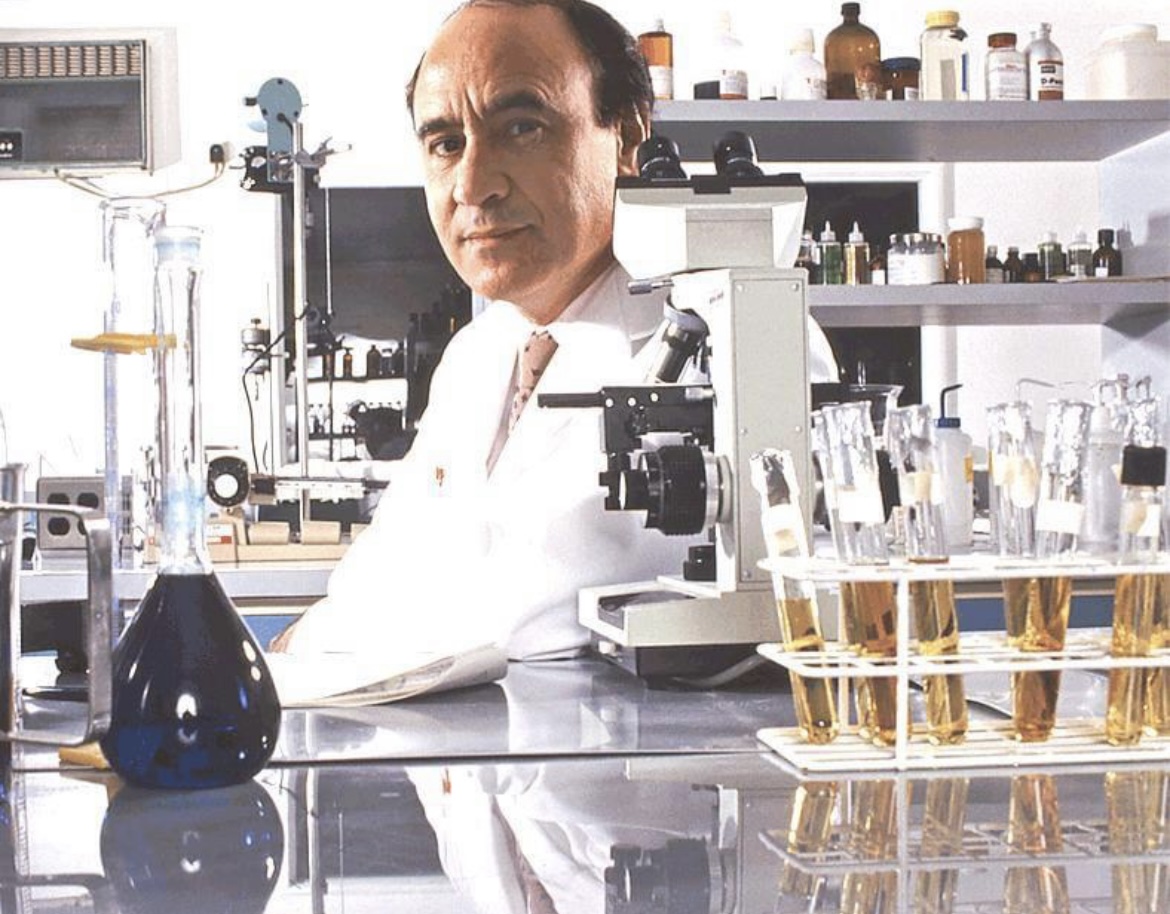
Henri Mastey, Hairstylist, Beverly Hills Salon Owner And Pioneering Product Formulator, Dies At 90
Henri Mastey, the hairstylist and formulator behind the iconic Traité Hydrating Shampoo, died on Aug. 6 at 90 years old, according to his nephew J.P. Mastey.
“Since being in the business for over 20 years, I’ve bumped into people from time to times—suppliers, fragrance houses, contract fillers—and every so often somebody would ask me, ‘Are you related to Henri Mastey?’ Every time I said yes, the room lit up,” says J.P., founder of the natural deodorant brand Corpus and former president of men’s grooming brand Baxter of California. “People have always told me how much they loved my uncle. He really was unique and special and just one of those warm people that left an impression on everybody he met.”
Mastey’s beauty industry career spanned more than five decades and two continents. He was born in 1932 in Morocco and had nine siblings. After relocating with his family to Paris after World War II, he apprenticed under his hairstylist father until moving to the United States in the 1960s.
Once he settled in the U.S., Mastey opened namesake salon Mastey De Paris in Beverly Hills with J.P.’s father Marc in the late 1960s. Known as a color specialist, he started formulating products. Among his first formulas was for a product containing an additive that prolonged the vibrancy of colored hair. It worked so well that Jhirmack, the hair color company established by Redken and Nexxus founder Jheri Redding, offered to buy it.
“He was savvy from the start. Instead of selling the formula to them, he developed it and sold it to all of Jhirmack’s distributors so they could buy the products together,” says J.P. “He fell in love with the chemistry behind haircare.”
Mastey launched the professional haircare line Mastey De Paris in 1974. Three years later, its Traité Hydrating Shampoo debuted. J.P. describes it as the first-ever sulfate-free shampoo. After receiving complaints from his salon staff that constant shampooing was drying out their hands, Mastey created Traité Hydrating Shampoo to not dry out their hands. It was also gentle for clients’ scalp and hair.
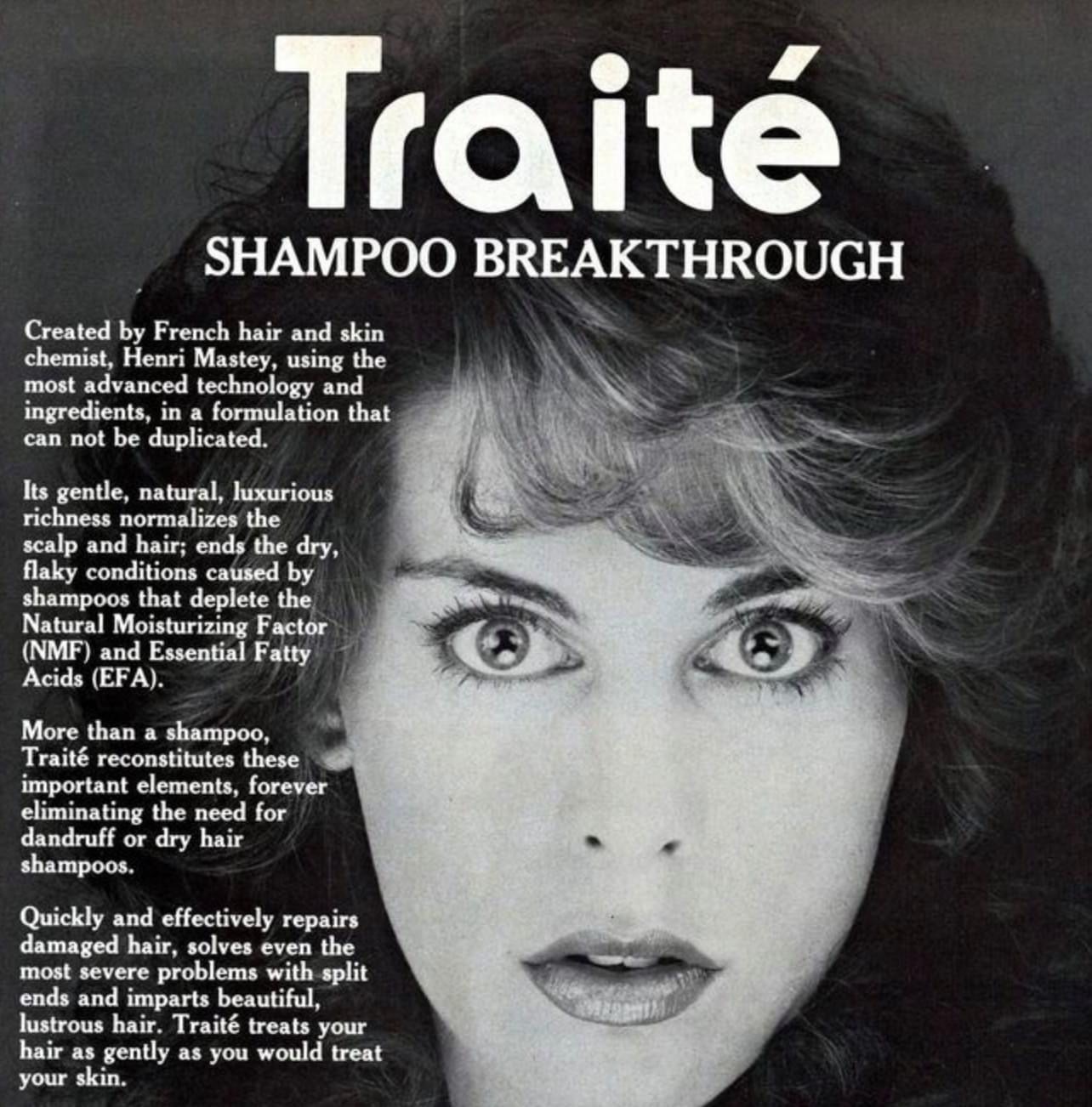
“It was this really light cream textured shampoo that was mild enough to use on the body and even the face, ” says J.P., who reports tens of millions of Traité Hydrating Shampoo units were sold around the world to salons, beauty supply stores and distributors.
Sulfate-free shampoo has become ubiquitous, and big haircare companies have marketed it to consumers as not stripping their hair or irritating their scalp. L’Oréal’s Ever Pure and Living Proof’s Perfect Hair Day are leading products in the sulfate-free shampoo category. In 2021, the global sulfate-free shampoo market was estimated to be worth $4.16 billion. The market is expected to grow at a compound annual growth rate of 3.3% through 2030, although debate about the benefits or lack thereof of sulfates rages in the beauty industry.
J.P. says, “Every time that I walk down a haircare aisle and I see sulfate-free on the side of the bottle, I think to myself, ‘That’s what Henri did.'” Sulfate-free shampoo wasn’t the only trend Mastey was early on. “Trends that he developed 40 years ago have become mainstream now,” says J.P. “For example, Traité’s formula was natural with no harsh chemicals. Henri would go around touting it as skincare for your hair. He was pushing a narrative that nobody else was back then.”
Mastey closed his salon in the late 1970s to focus on the product business. He vertically integrated the company by building a research laboratory, manufacturing facility and warehouse under a single roof in Los Angeles. Mastey De Paris’s range was expanded to detanglers, styling products and a full hair color system. It even dabbled in sun care products for the hair, fragrances and skincare.
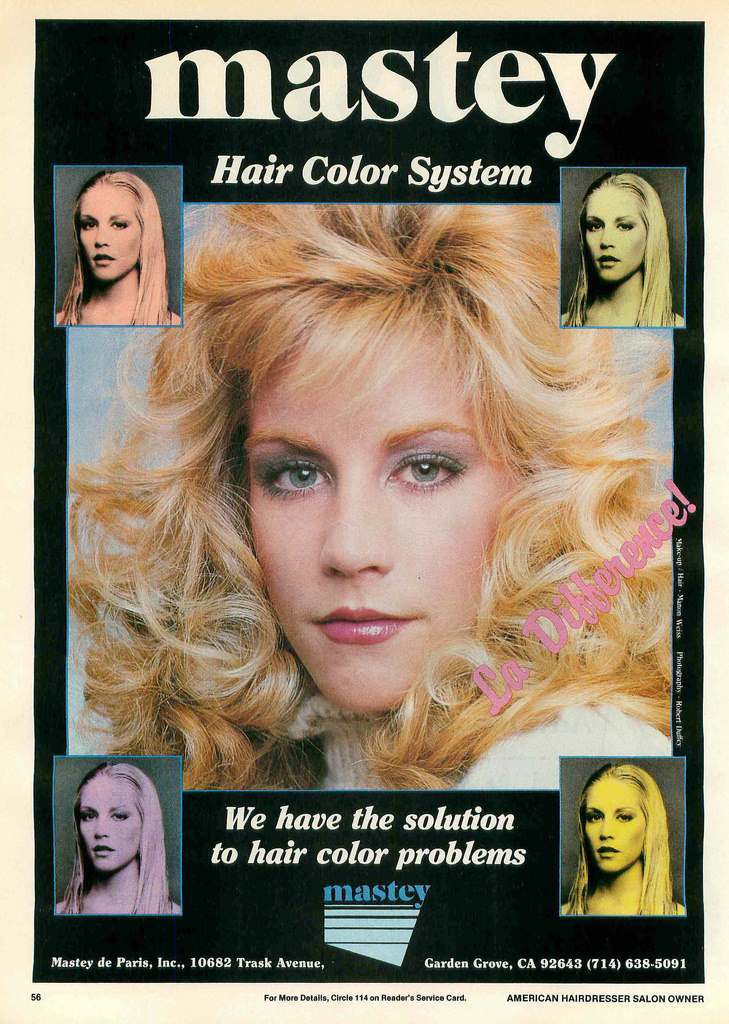
By the 1980s, Mastey De Paris was a top professional haircare brand alongside brands the likes of Joico, Paul Mitchell and Nexxus. “Henri was a visionary that revolutionized the salon industry by being the first to introduce non-ammonia hair color, and sulfate-free shampoos and conditioners, among numerous other innovative products, to the market,” says Michael Ifergan, Mastey’s cousin and former EVP of Mastey De Paris. He helped guide Mastey De Paris to becoming a multimillion-dollar brand.
In the 2000s, as Mastey wound down his career and haircare brands proliferated, Mastey De Paris lost most of its brand recognition. “It’s very similar to what happened to Nexxus,” says J.P., referring to the family-run brand that once dominated professional haircare before losing market share.
Mastey De Paris is still available today, but J.P. says “there’s some question as to how it will live on.” The brand’s website is inactive, and its Instagram account has been silent since 2017. Select Mastey De Paris products are available through third-party sellers on Amazon and eBay. Traité Hydrating Shampoo has a 4.4 star rating on Amazon with 100-plus reviews.
J.P. refers to his uncle as “one of the forgotten ones” who paved the way for naturally formulated products without garnering much credit for his achievements. Ifergan says, “In my opinion, he was the last of a generation, an icon.”
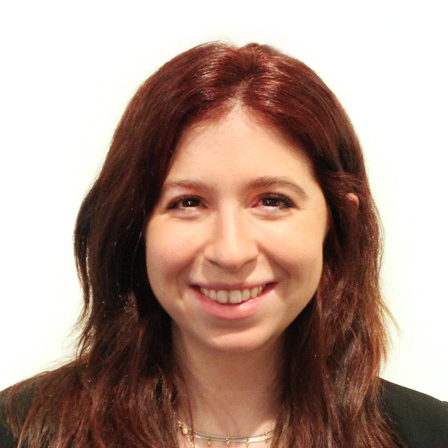


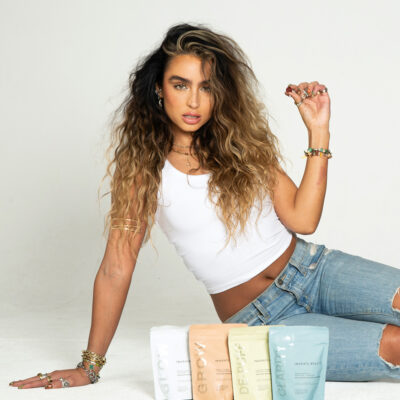

Leave a Reply
You must be logged in to post a comment.